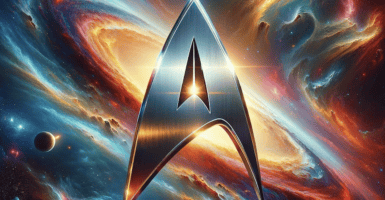Science Explains Why People Like Being Scared
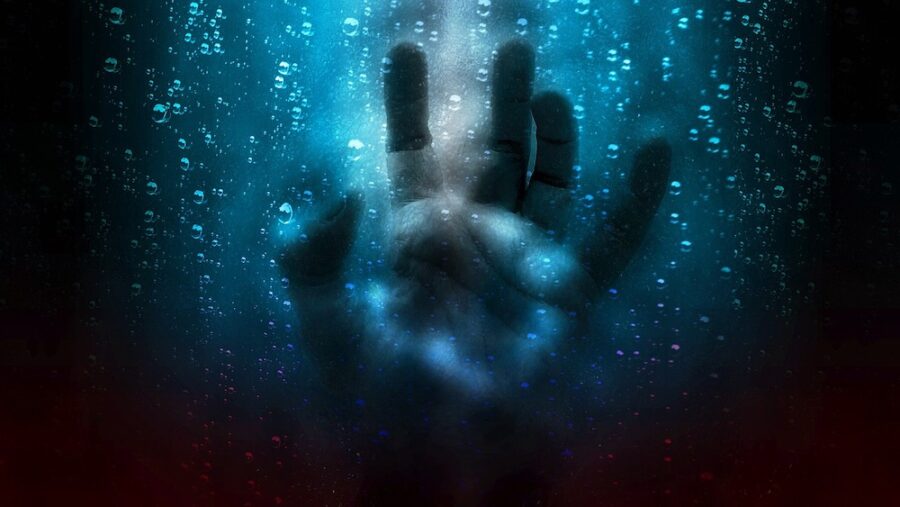
October just wrapped up, and that means countless people just capped off a month of watching scary films by dressing as the most frightening things they could think of.
If you’re feeling philosophical between eating handfuls of leftover candy, you might find yourself asking the age-old question: from listening to creepy campfire tales to watching the goriest films, why do so many people actually like feeling scared?
Fight-Or-Flight Response
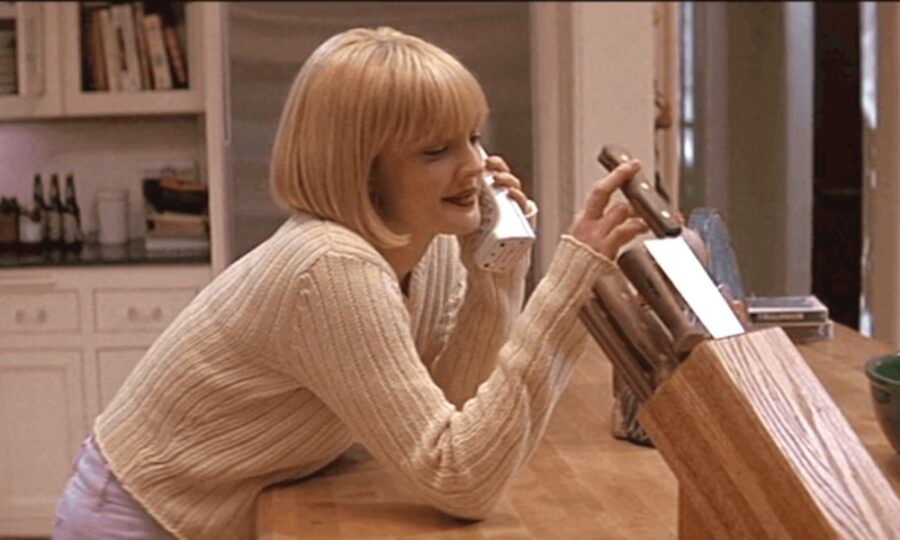
Now, we may finally have an answer: ABC reports that “fear can stimulate the same centers of the brain as happiness.”
How does that work, exactly? Think of it like this: when you feel scared about something, it activates the same fight-or-flight response in your brain that helps to keep you alive.
For our ancient ancestors, this response would determine whether they would try to run away from dangerous predators out of fear or fight back in hopes of surviving the encounter.
Fear Kicks Off A Reaction
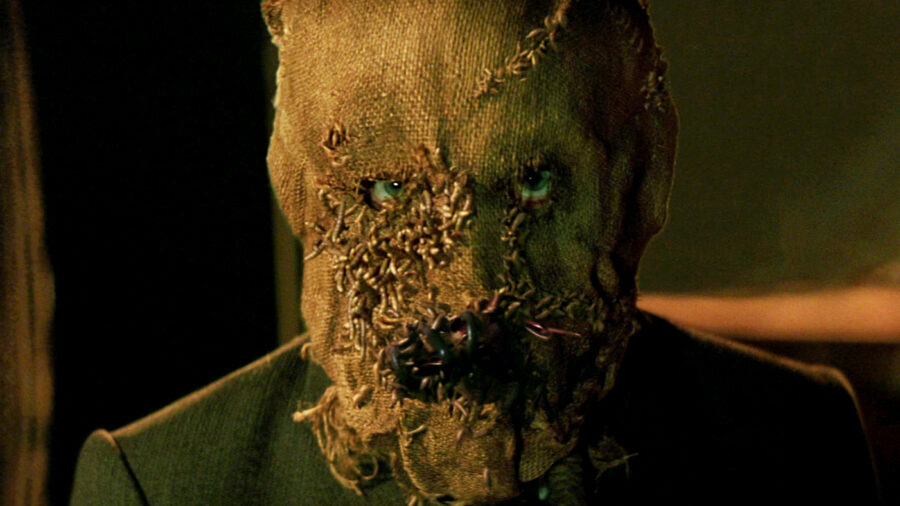
At the risk of sounding like Batman villain Scarecrow, one part of fear’s appeal to us is that there is a bit of pleasure hidden in there.
As psychiatric specialist Dr. Michele Bedard-Gilligan puts it, “[Fear] kicks off a reaction of stress hormones and neurotransmitters, namely adrenaline and dopamine.”
While this can help you to escape situations where you are in danger, the simple fact is that adrenaline and dopamine also control how excited and happy you are.
We Understand It Isn’t Truly Dangerous
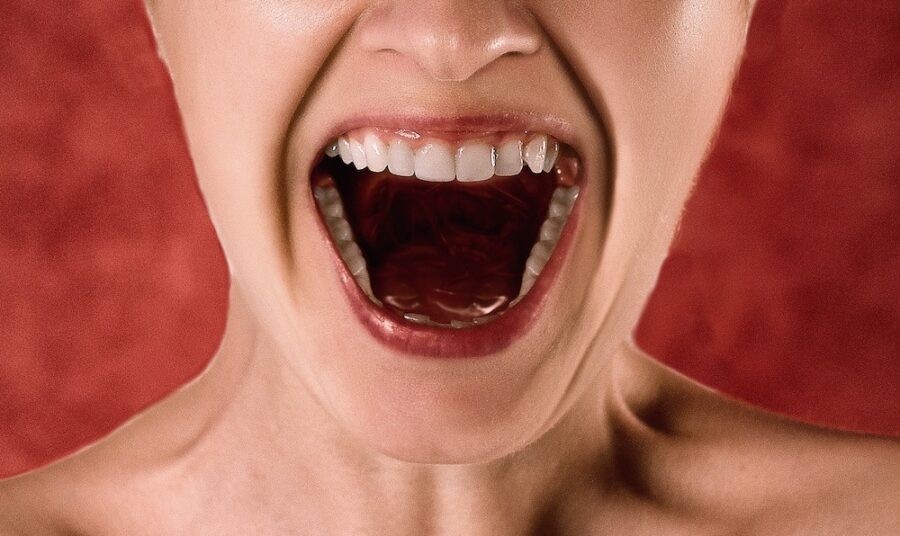
That leads to part of why audiences all over the world love to embrace fear by watching scary movies or playing spooky video games. In short, fear activates the same part of our brains that react to happy and joyful occasions.
Tying it all together is the fact that once our brains understand that the scary thing we are experiencing isn’t actually dangerous, it cancels out the adrenaline and leaves only the pleasurable rush of serotonin and dopamine rush.
Horror Movies In The First Person
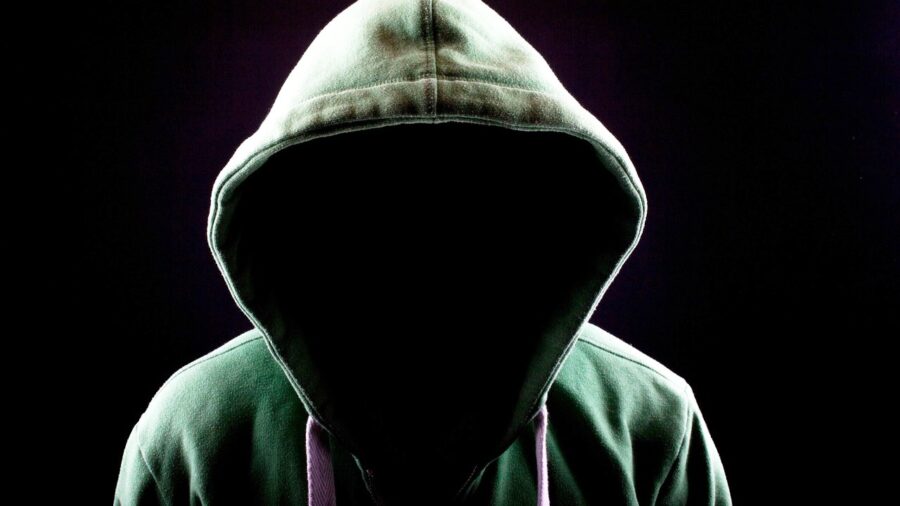
Interestingly, Bedard-Gilligan says that we feel better afterward because, unlike the hapless victims in the horror movies we watch, we managed to survive the experience.
“The kind of scare and surviving that kind of scare leads us to feel good,” she said, and continued by asking “We feel confident, right?”
This is likely why horror movies so frequently use camera angles to simulate the first-person view of characters as they look around the corner for the killer: watching the movie allows us to walk a few miles in these characters’ shoes, and surviving our own virtual encounter with a movie monster makes us feel happy and confident.
Shared Scary Experiences
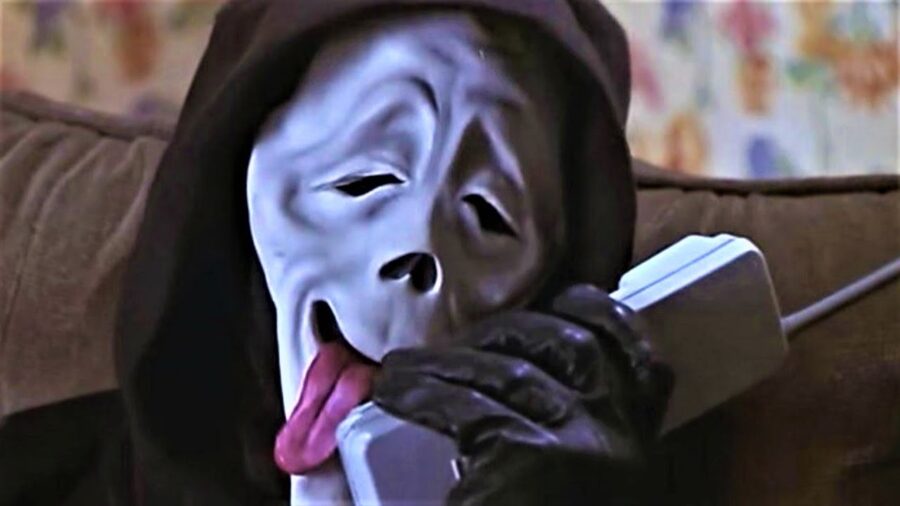
There is one more major reason why people enjoy feeling fear, and that’s the fact that the interplay between dopamine and serotonin also releases oxytocin into your body.
Among other things, oxytocin makes us feel closer to others around us, which is why it’s easy to laugh and bond with other people after you experience something like a haunted house or a scary movie together.
Between validating your own fearful reaction and seeing whether others were even more spooked than you, shared scary experiences make us feel good and even make us feel closer to those we shared them with.
More Research Needed
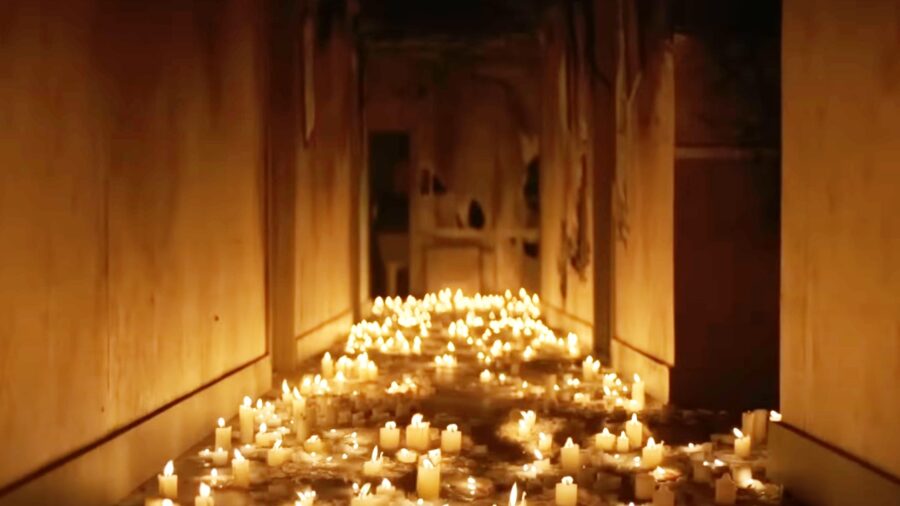
We like to think there is plenty of research on fear yet to be done, and hopefully, it will be conducted by cool researchers like Dr. Michele Bedard-Gilligan and not the Batman villain Dr. Jonathan Crane.
Until then, though, it’s nice to know there are perfectly scientific reasons why we love to watch horror movies so much. And that’s exactly what we’re going to say if you ask why we were laughing during the weirdest scenes of Terrifier 2 last night.

